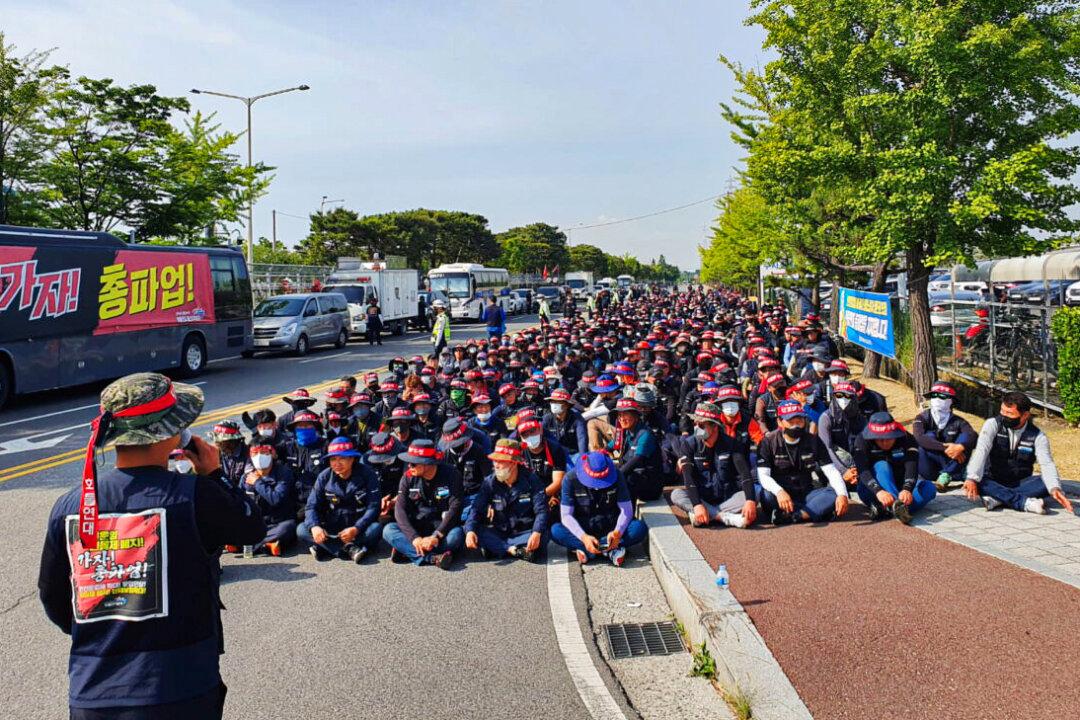South Korea’s government has acceded to unionized truckers’ demands for minimum pay guarantees, following an eight-day nationwide strike that disrupted the economy.
The Cargo Truckers Solidarity Union (TruckSol) decided to end the strike after reaching an agreement with the Transport Ministry, the Korean Confederation of Trade Unions (KCTU) said on Tuesday.





